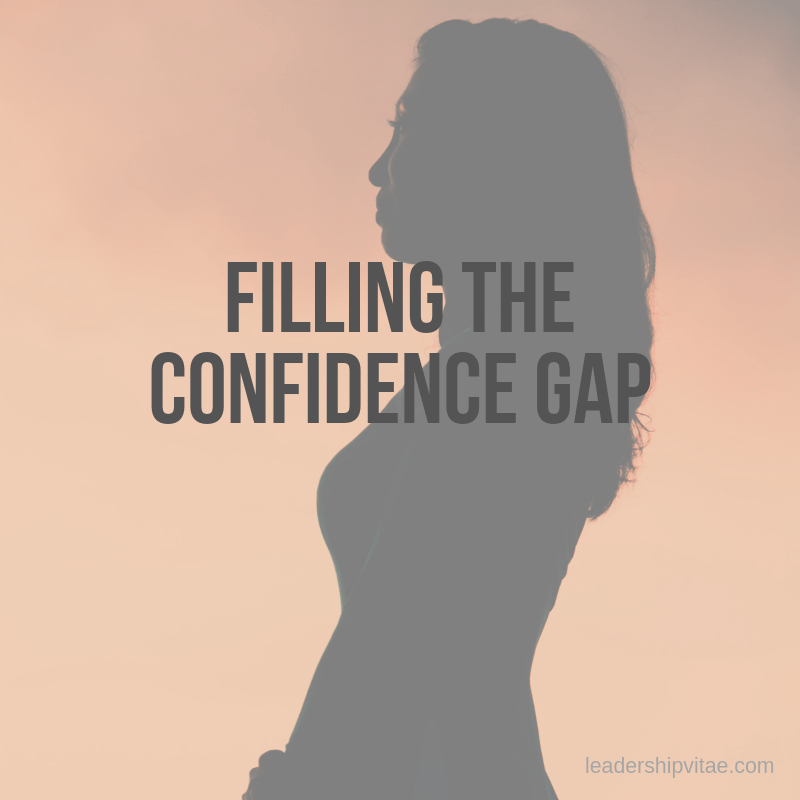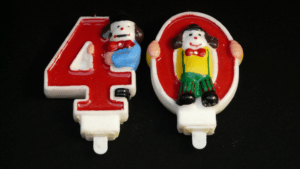
What is the confidence gap?
I was recently asked to speak at a forum focused on the Confidence Gap. For those of you that are unfamiliar, the gap is about how women struggle to believe in their skills and ability when they are equally capable as their male counterparts.
Those of us on the panel talked about the how women may be perceived differently than men, how we can help them overcome any systemic bias, and answered questions from the audience.
There was one question I was prepared for that we did not end up discussing. I thought it was important and wanted to answer, so here I am. If you are or know a confident woman…please read on.
Expectations of Women
Women who project self-confidence are often seen as less likable for violating expectations of how women should behave. Women are expected to be both confident and “prosocial”—demonstrating care and concern for others—while men can promote themselves without showing care for others and not be perceived negatively. How do you navigate this no-win situation?
Balancing Nice and Confident
Due to my military upbringing and early career working for the Marine Corps, for a long time I was the poster child for high self-confidence and low likeability. I needed my Marines to respect and follow me, but they didn’t have to like me. As a young civilian female, it was actually better if they didn’t.
That formula, while a potential negative in the private sector, was the only way to win in that environment.
The ways women often display care and concern were also off-limits. Instead, I showed care by stepping between them and senior officers angry about a delay. Or took shifts when they had to work overnight so they could get some rest. I took care of my team, but in a way that did not show emotion or vulnerability.
Once I went to work in the private sector, my approach, while effective to a point, began to reveal limitations. I could sense them, but no one told me outright what I could do differently because they really liked my results.
I started working with an executive coach, who helped me see that I had more tools at my disposal than my warrior style. I could still be true to myself, let go of the armor, and let people see me.
I still have that same high confidence, but now intentionally let people see my imperfections and emotions. I’ll happily shout mistakes and fears from the rooftops because my ego can take it. Anyone that spends five minutes with me knows my ability, my work ethic, and passion for what I do.
I still tend to project a more male-dominate set of characteristics. Someone on my team told me “If I’m ever not sure how to engage with you, I just think what would I do if you were a guy. It works every time.” I’m still not sure if that’s a compliment. He’s the same one who looked at me and said “Wow, you really care deeply for your team.” I just demonstrate that care in a different way than he expected.
It is that deep caring, vulnerability and humility that balance what might otherwise be seen as arrogance. This approach started opening doors that were previously shut. Instead of undermining confidence in my ability, my willingness to be human has actually increased confidence in my teams, peers and leaders.
Have you struggled with being and appearing confident against expectations of being likeable? I’d love if you would share your experience in the comments.








